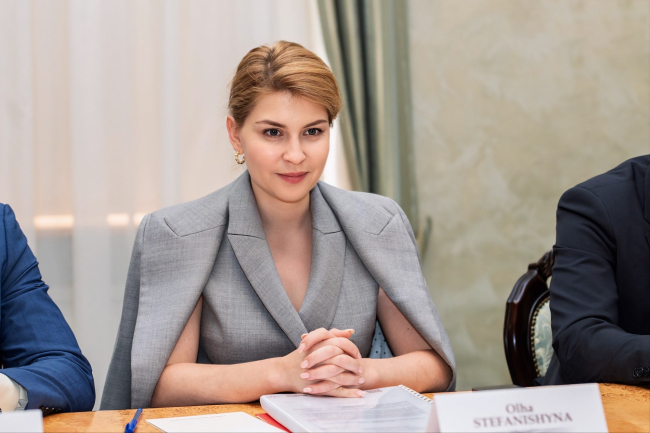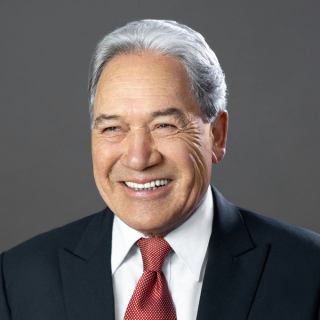The European Union-African Union Summit: A new impetus for sustainable development

Practical information
Registration for this event is now closed.
With the European Union (EU) - African Union (AU) summit due to take place on February 17-18, 2022, sub-Saharan Africa's sustainable development challenge has never been so pressing. Despite past progress in electrification, the number of people without access to electricity rose again in 2020 due to Covid-19, making it even more difficult to achieve Sustainable Development Goal 7 (SDG7).

The rise of new technologies and practices are disrupting models and can accelerate the deployment of electrification and thus promote sustainable economic development in the region. The fall in solar technology costs and the emergence of mobile money, improved cooking systems, as well as the rapid progress in artificial intelligence for the development of new services, are game changers. The prevalence of young people quickly appropriating new technologies in the age pyramid is an additional strength. In this context, private finance and development institutions are called upon to play a key role.
This webinar will address the sustainable development of electricity sectors in the region through the technological and financial nexus, and discuss how the EU-AU partnership could foster progress in this key area.
Speakers:
- Serge Ekué, President, West African Development Bank (BOAD)
- Bertrand Badré, Managing Partner and Founder, Blue like an Orange Sustainable Capital
- Cédric Philibert, Associate Research Fellow, Ifri Center for Energy & Climate
- Hugo Le Picard, Research Fellow, Ifri Center for Energy & Climate
Chair: Marc-Antoine Eyl-Mazzega, Director, Ifri Center for Energy & Climate
This webinar will be conducted in French with simultaneous translation into English.
Find out more
Power to the Cooks! New Clean Cooking Opportunities for Sustainable Development in Sub-Saharan Africa
2.6 billion people globally and 1 billion in Sub-Saharan Africa (SSA) cook using biomass fuel. The detrimental effects on the environment and public health, as well as the time and money lost are considerable. If nothing new is done, this situation will worsen further in SSA.
Booming Decentralized Solar Power in Africa’s Cities. Satellite Imagery and Deep Learning Provide Cutting-Edge Data on Electrification
The market for decentralized solar systems first developed in rural Africa, and today it is expanding to the continent’s cities, though these areas are already covered by each country’s central network.
New African Union Commission (2021-2025). Challenges and Issues After the Reform Initiated by Paul Kagamé
The election of the Commission to run the African Union (AU) on February 6 and 7, 2021 was an important step towards implementing its institutional reform. The Commission is the institution’s real government, setting the pan-African organization’s objectives under the leadership of the Heads of State who meet once a year at the Assembly. The Chadian Moussa Faki, who was re-elected as AU Commission (AUC) Chairperson, has the onerous task of undertaking this reform, initiated by the former AU Chair, Rwandan president Paul Kagamé, between 2016 and 2018.
Le Niger, laboratoire de l’électrification durable en Afrique subsaharienne ?
Le Niger fait partie des pays les moins avancés (PMA) selon la terminologie de l’Organisation des Nations unies (ONU) et environ 75 % de sa population vit en dessous du seuil de pauvreté. Moins de 15 % de sa population a accès à l’électricité et le secteur du pays est dépendant à 75 % des importations. Malgré ce contexte, le secteur électrique nigérien dispose de fondations solides.
Other events

Navigating War, Reforms, and Secure Future: Ukraine’s EU and NATO Accession Path
Exclusive conve

Lunch debate with Winston Peters, Deputy Prime Minister and Minister of Foreign Affairs of New Zealand
Discussion co-chaired by Thierry de Montbrial, Executive Chairman of Ifri, member of the Academy of Moral and Political Sciences, and Marc Hecker, Deputy Director of Ifri (in English without translation).

Shaping Europe’s Technological Sovereignty
In the wake of Donald Trump's re-election in the United States, Europeans face a crucial imperative: rethinking their sovereigny, especially in the technological realm. What will be the strategic priorities and action levers of the new European Commission on this issue? What assessment can we make of the previous Commission’s achievements and challenges in navigating Sino-American technological competition, transatlantic dependencies, and emerging global partnerships?














